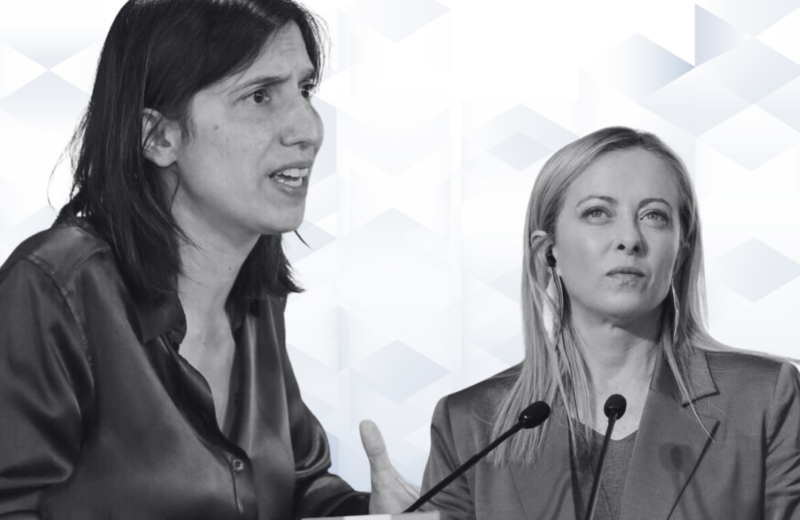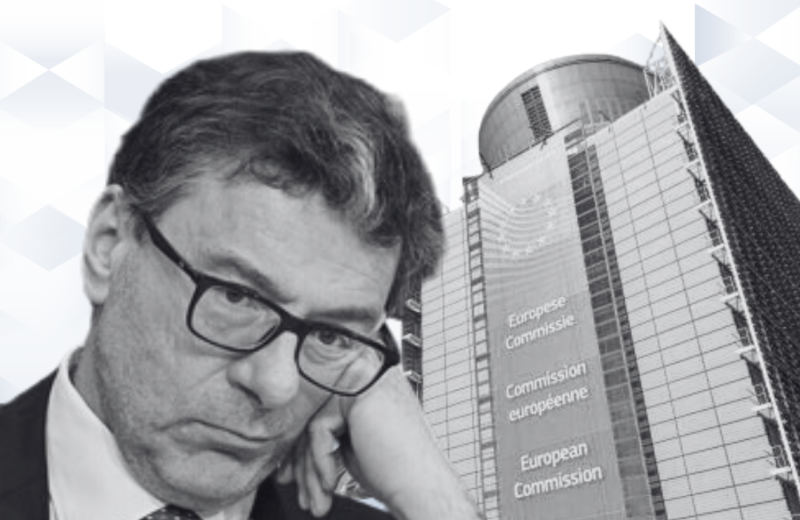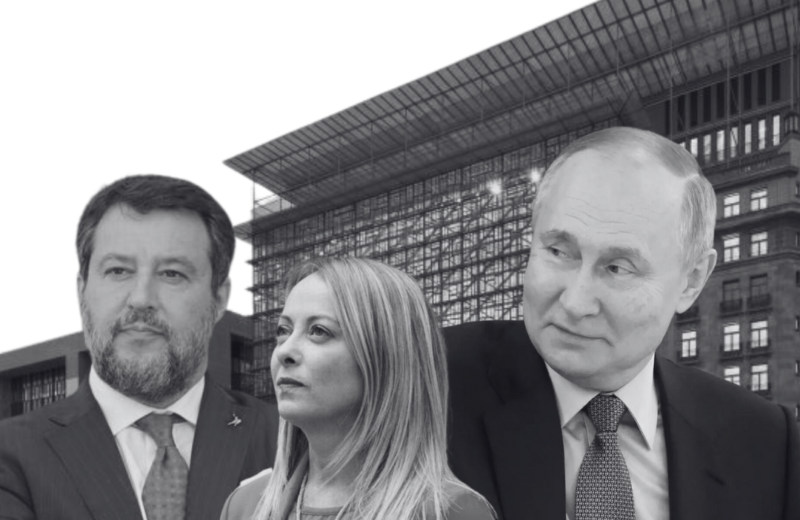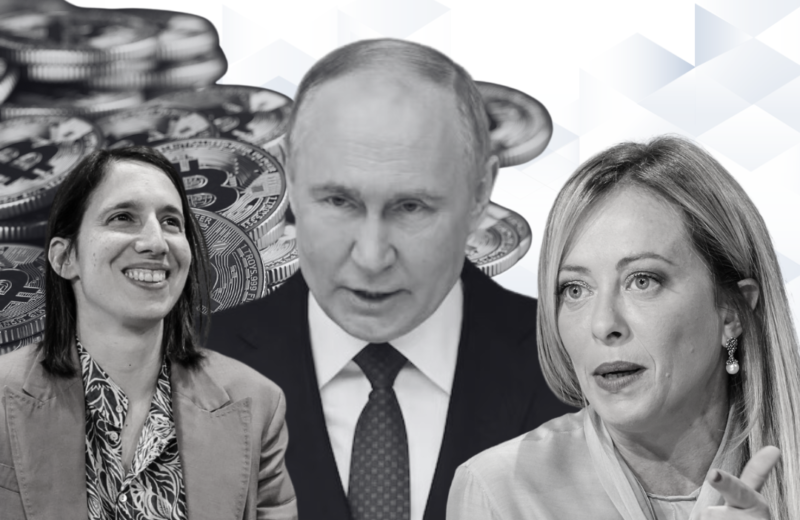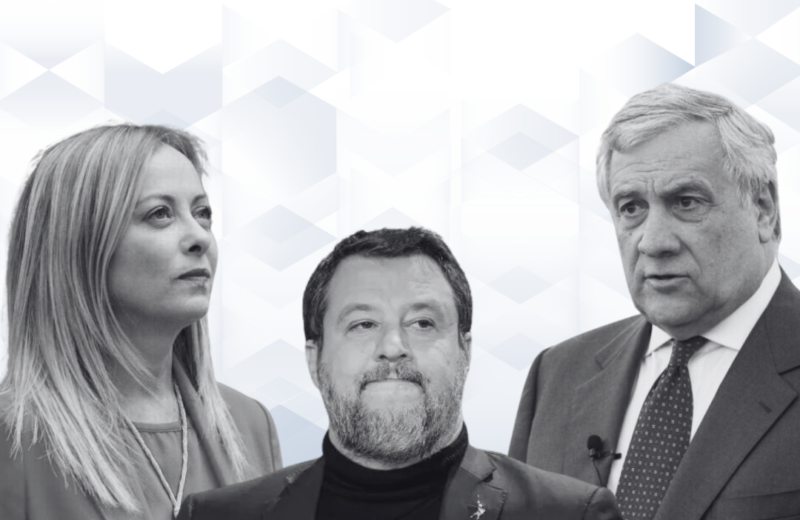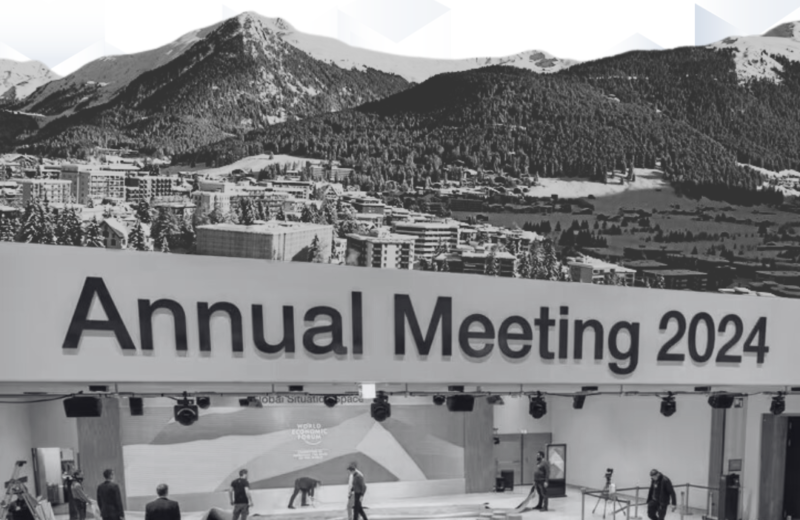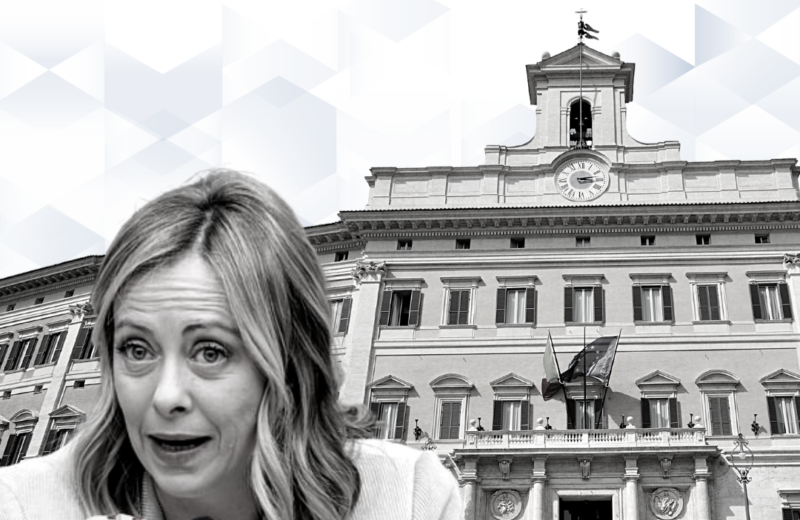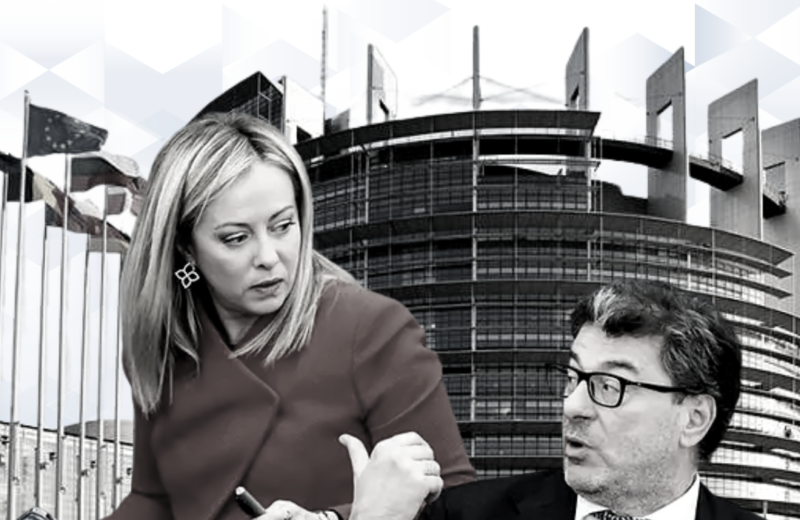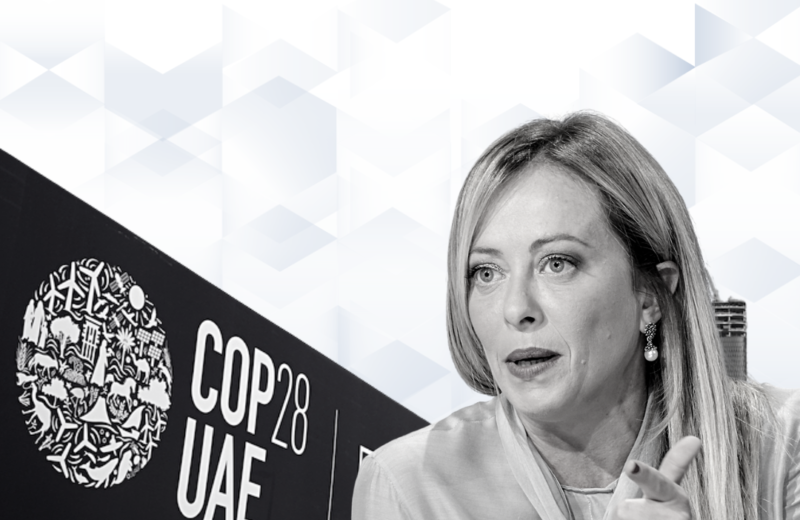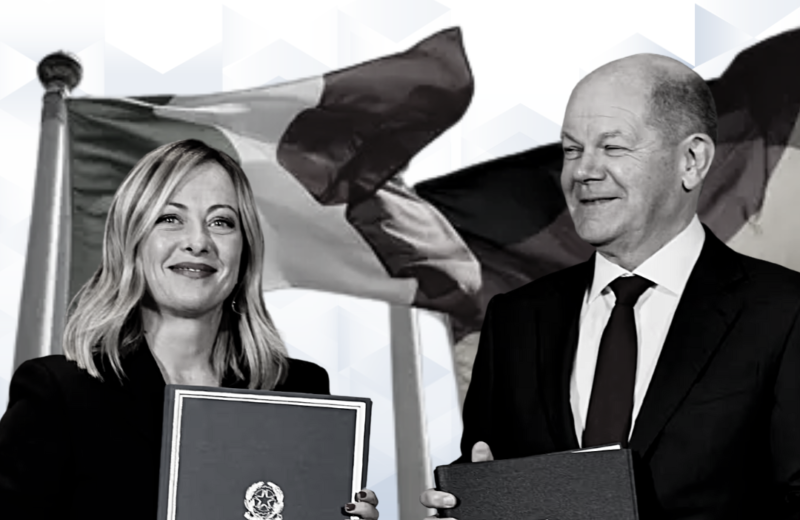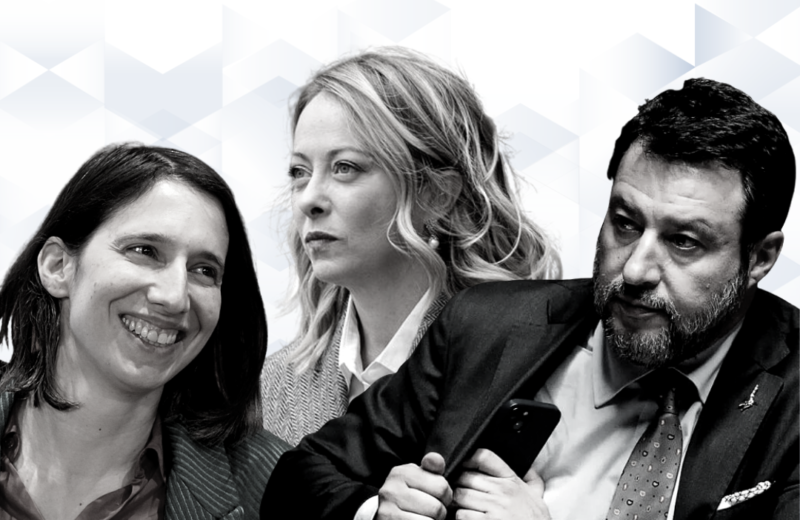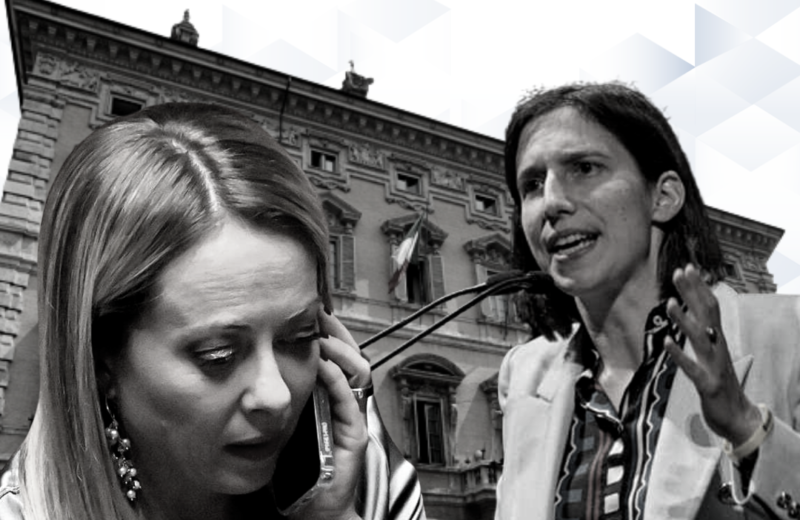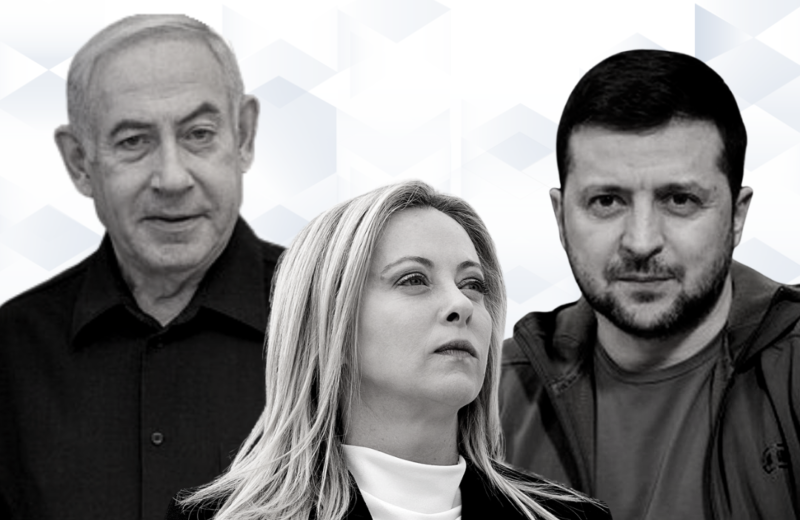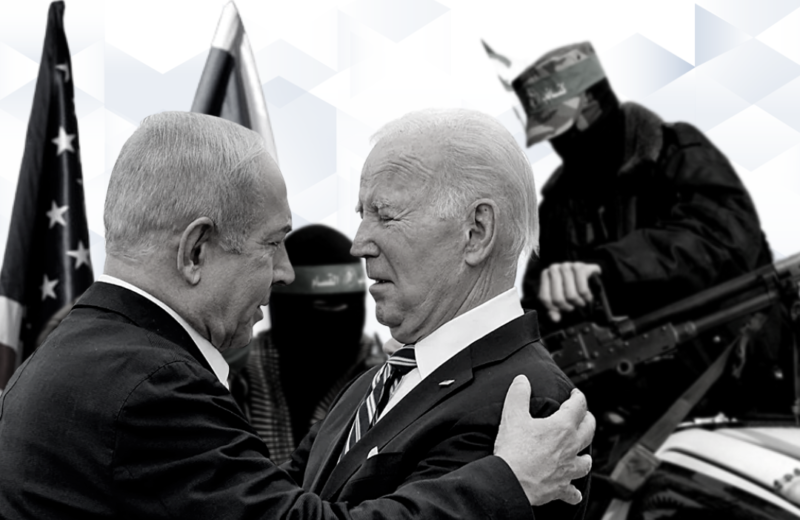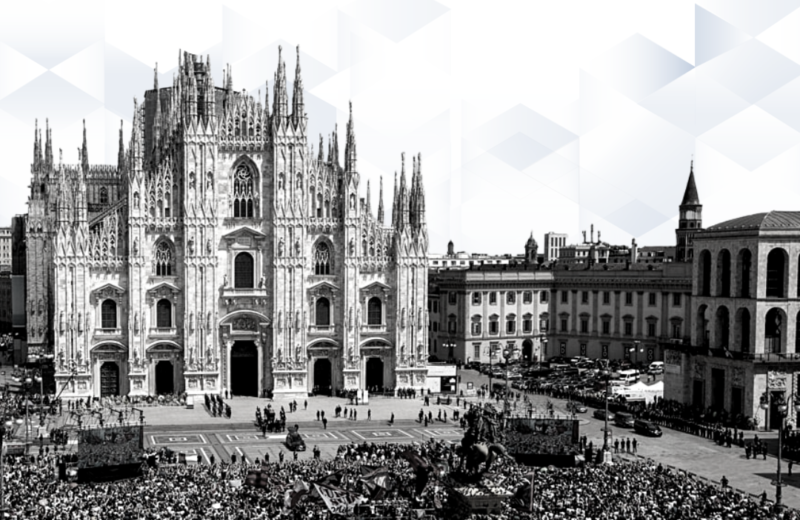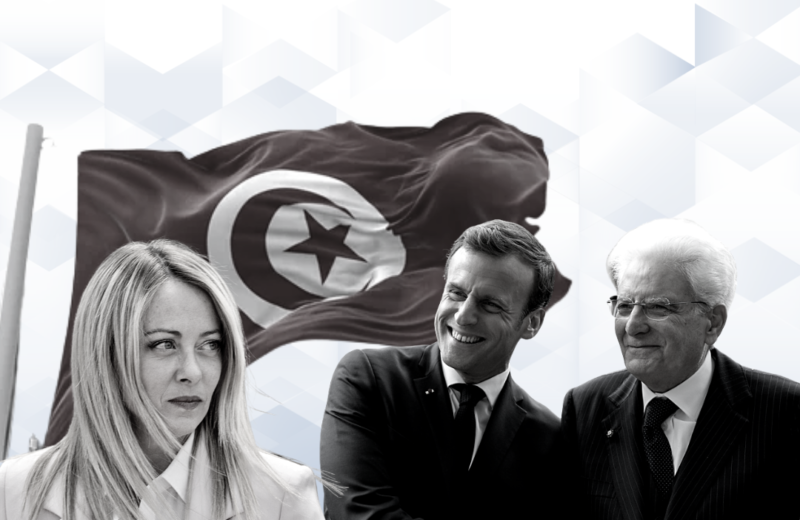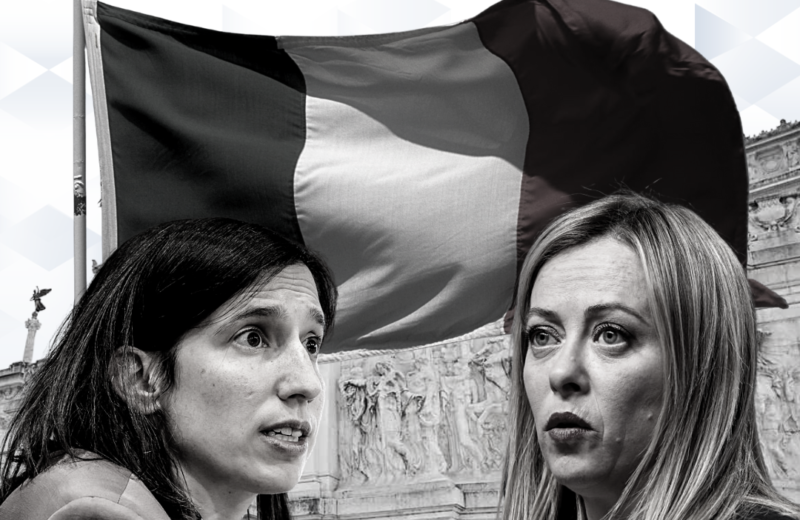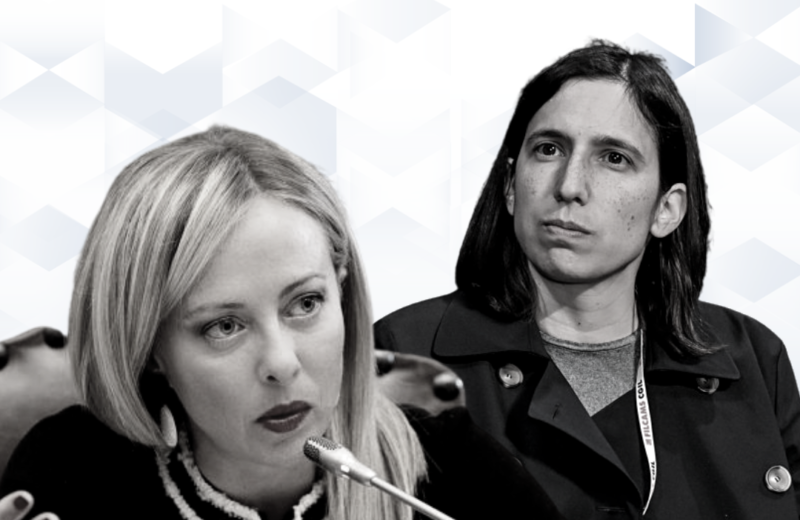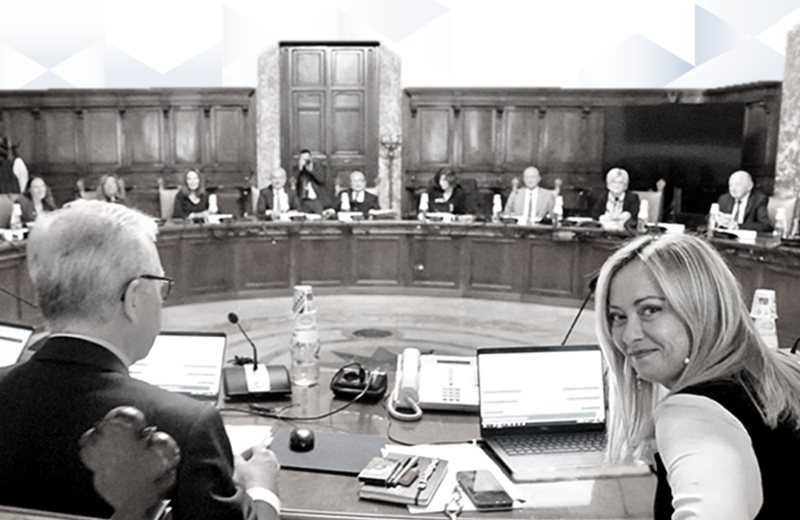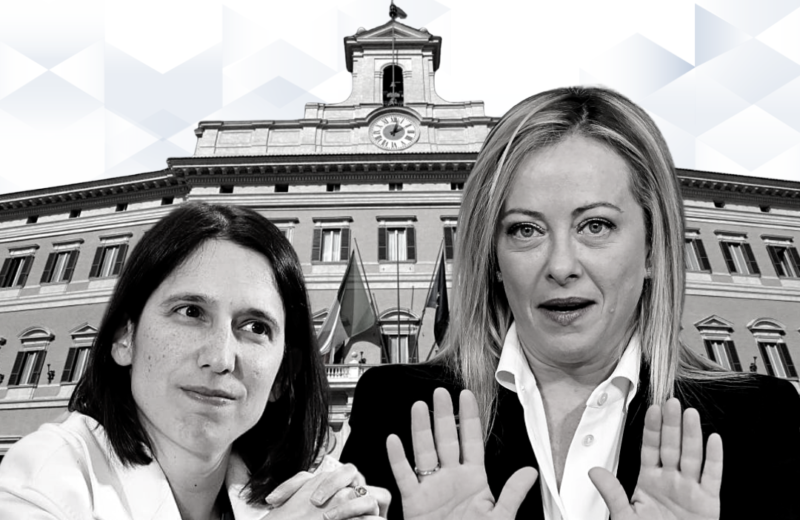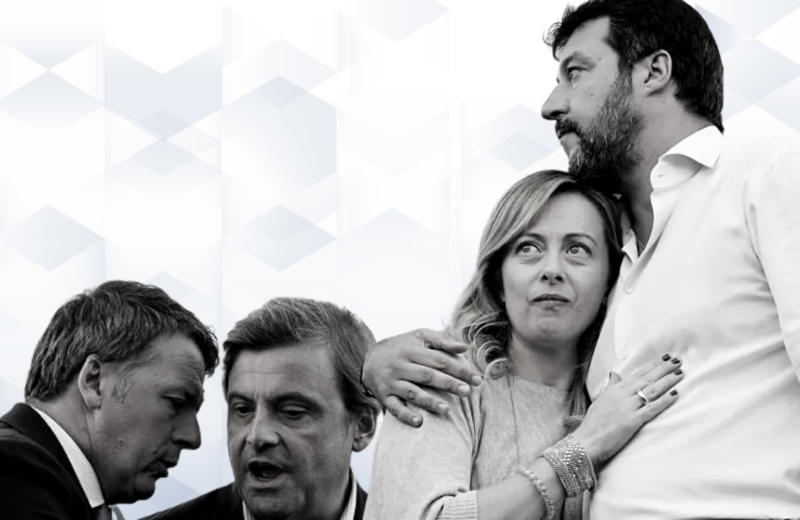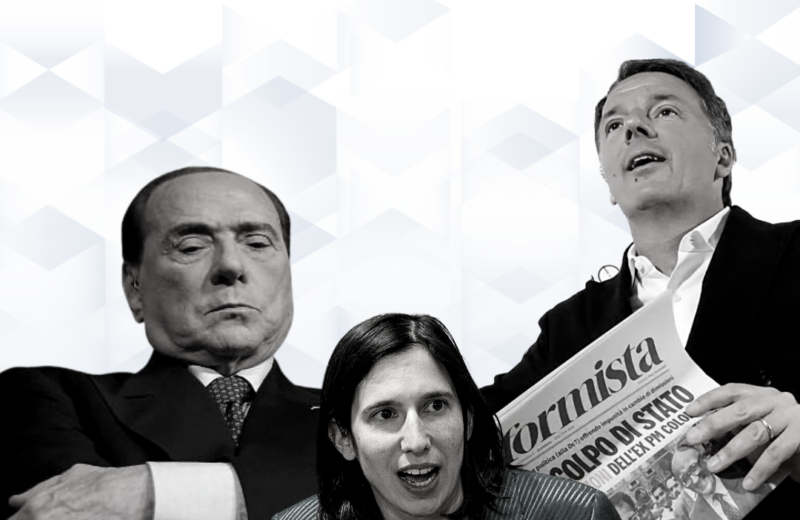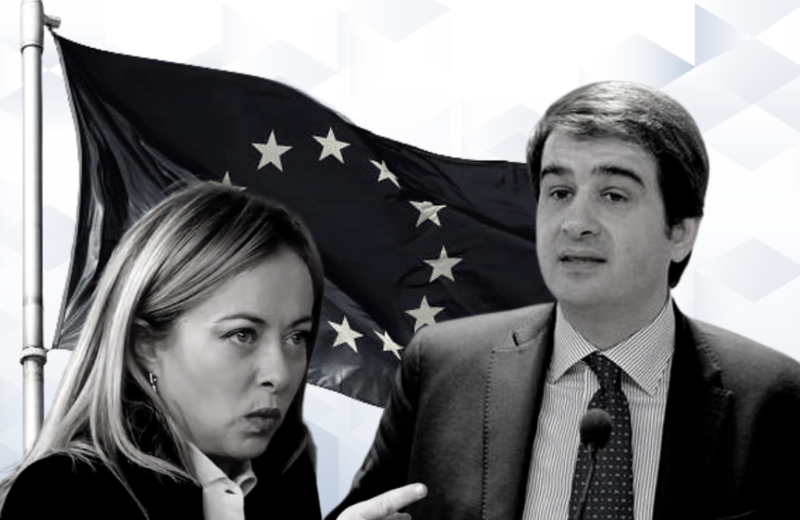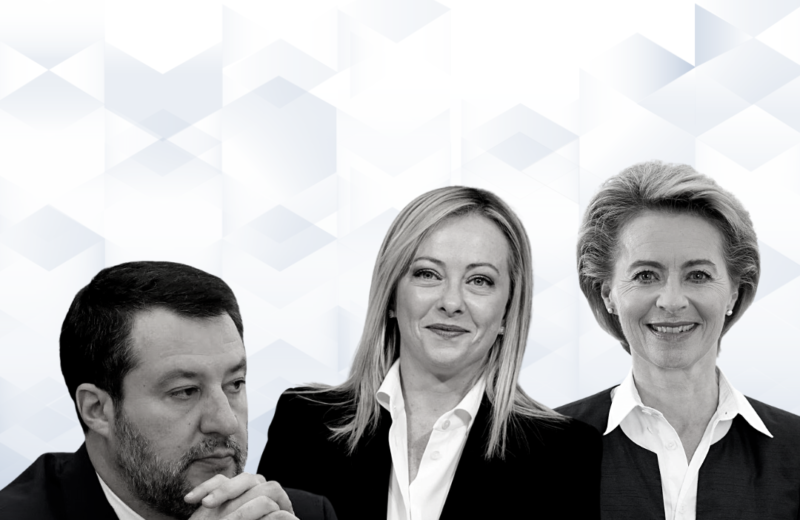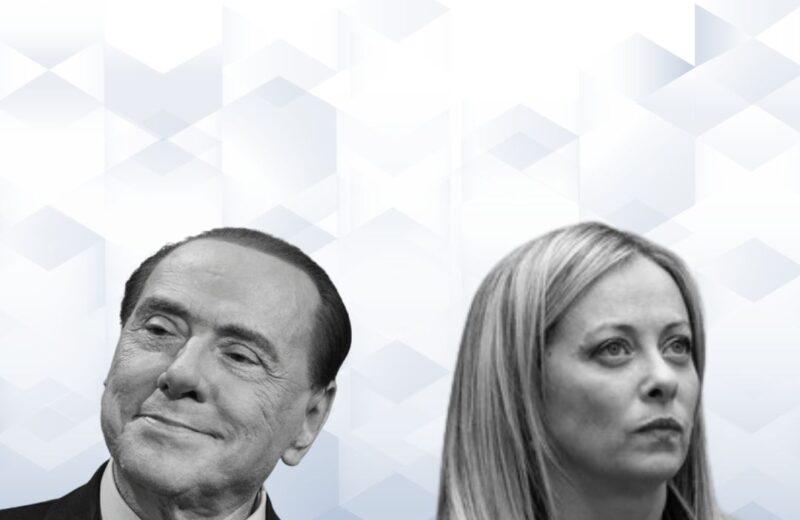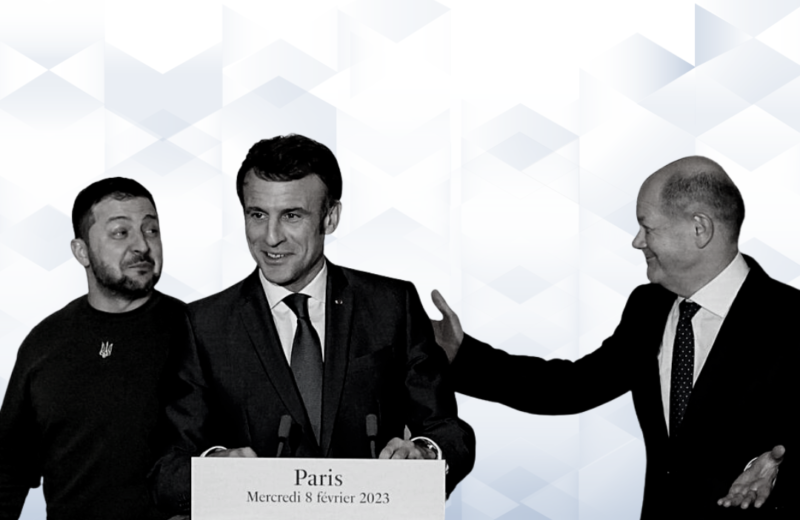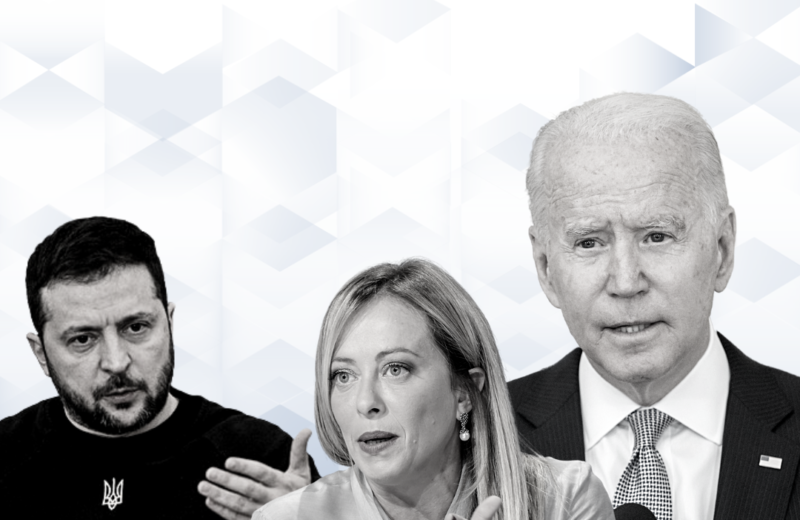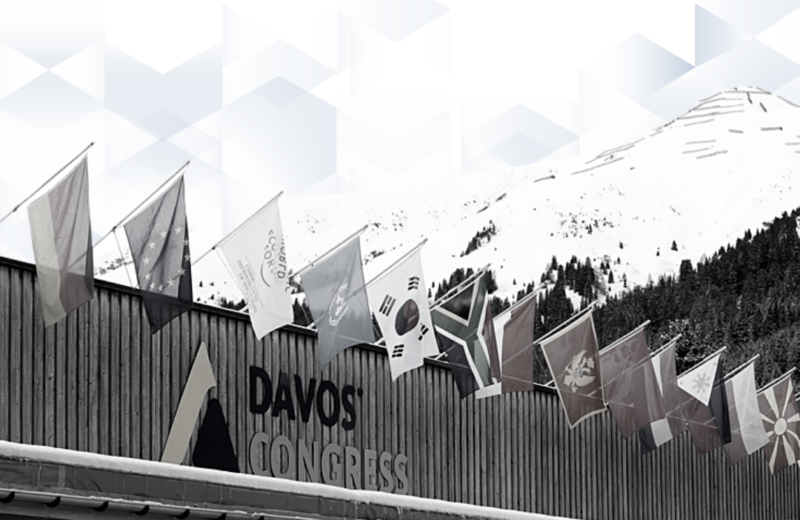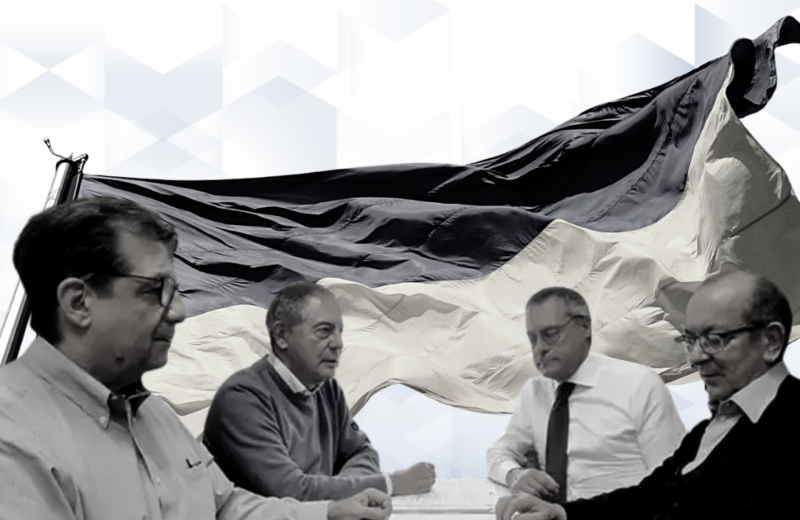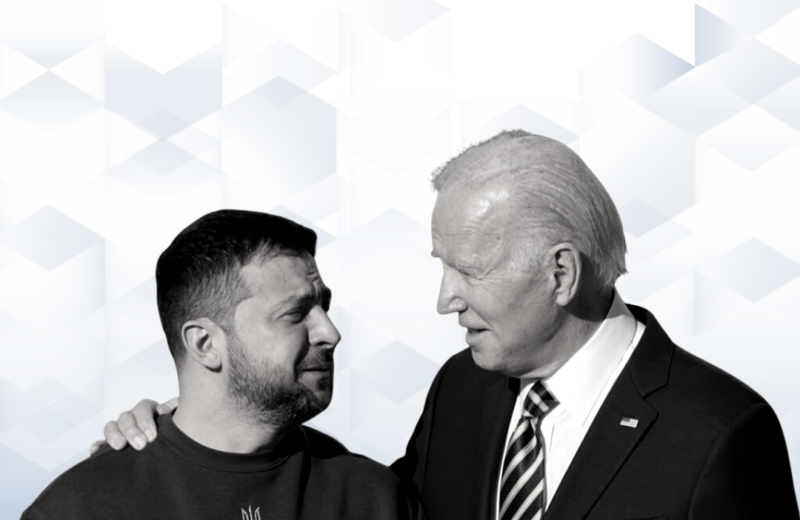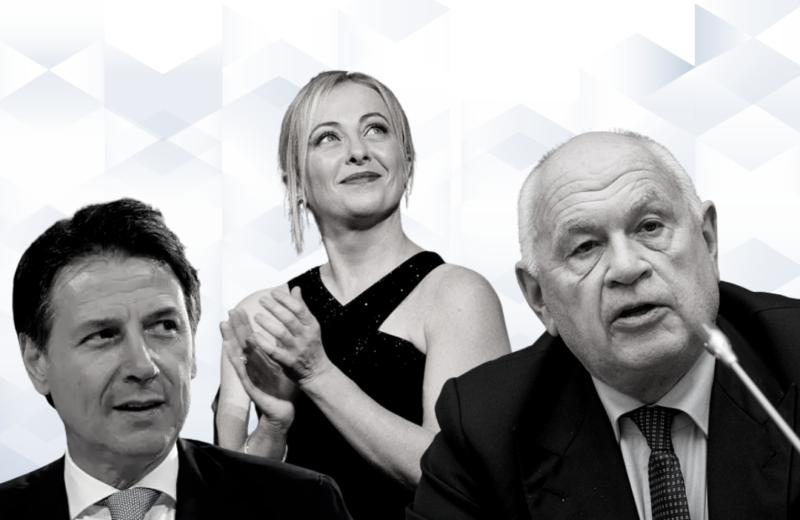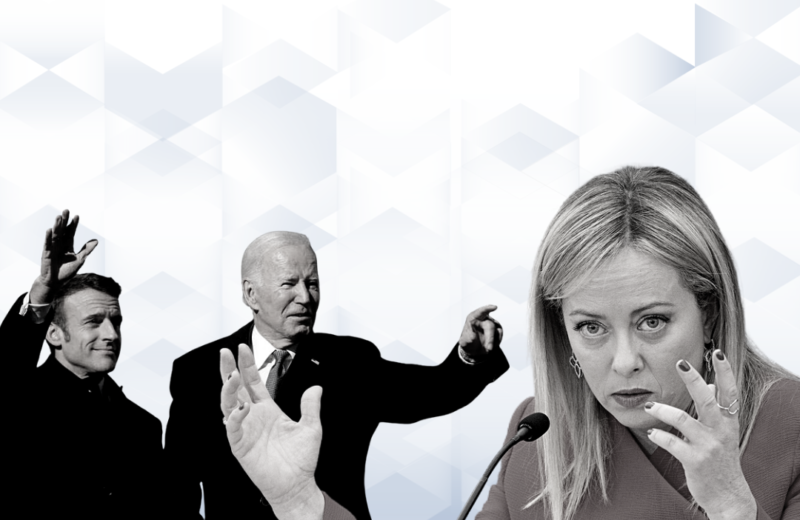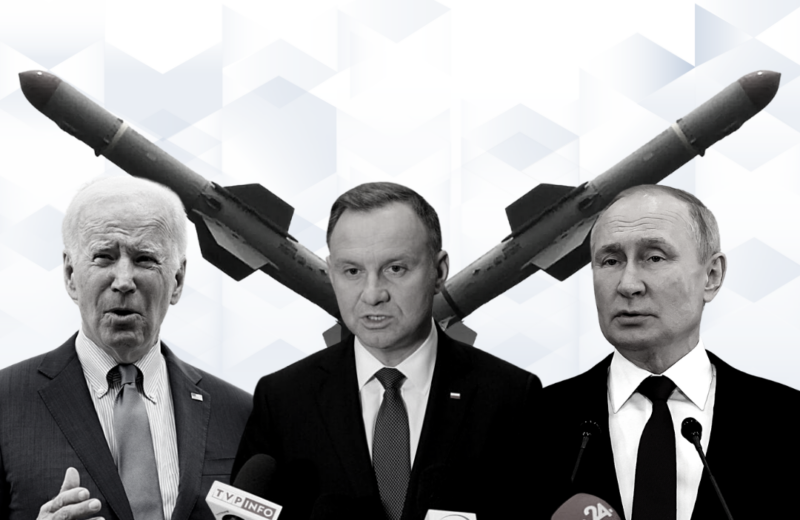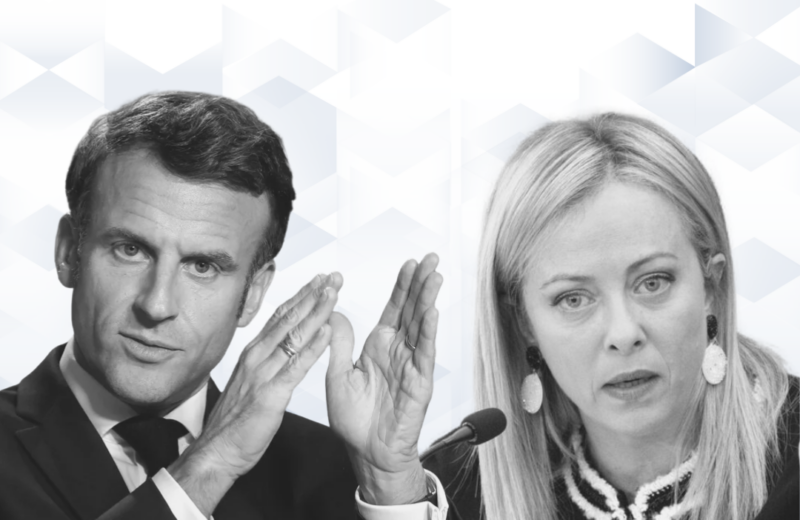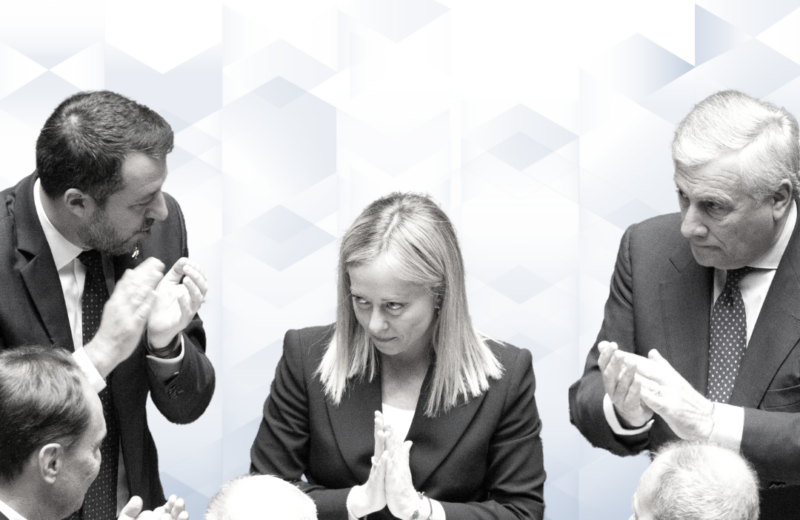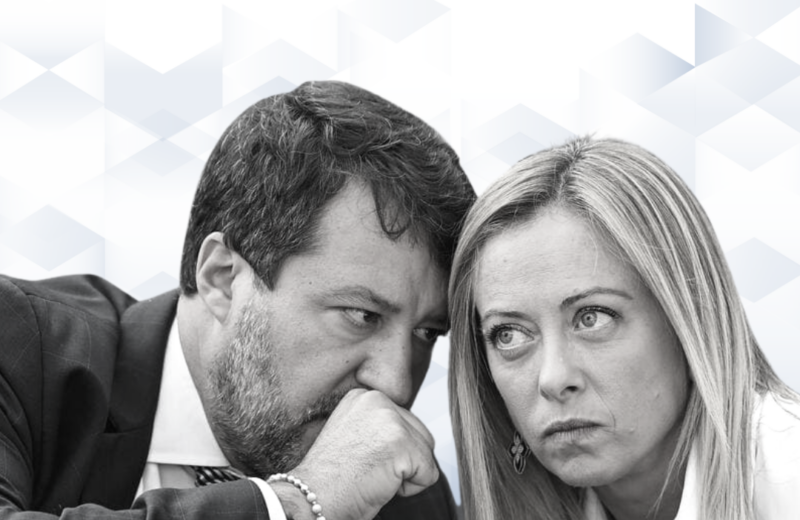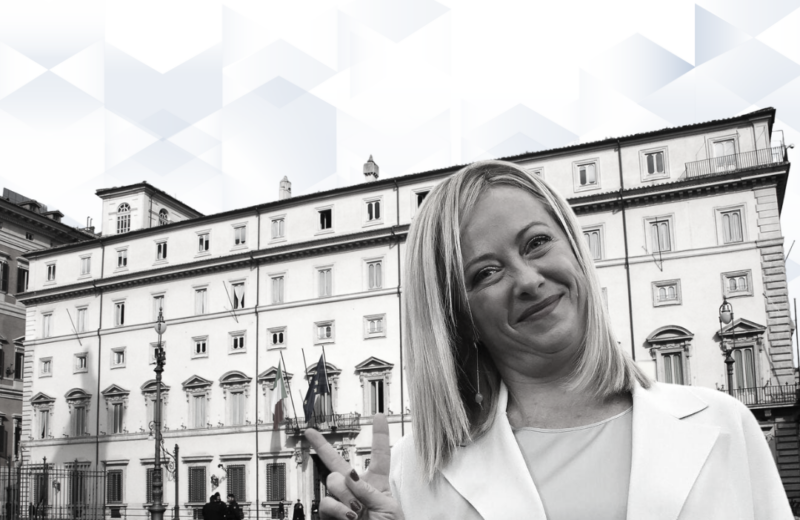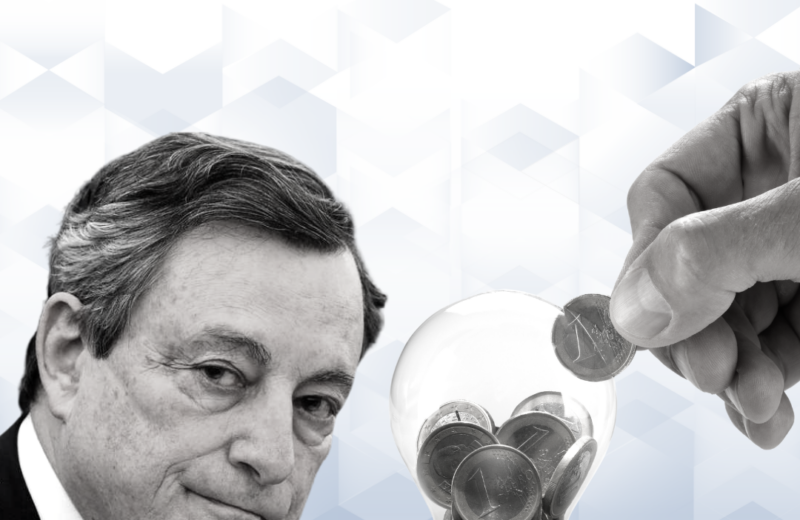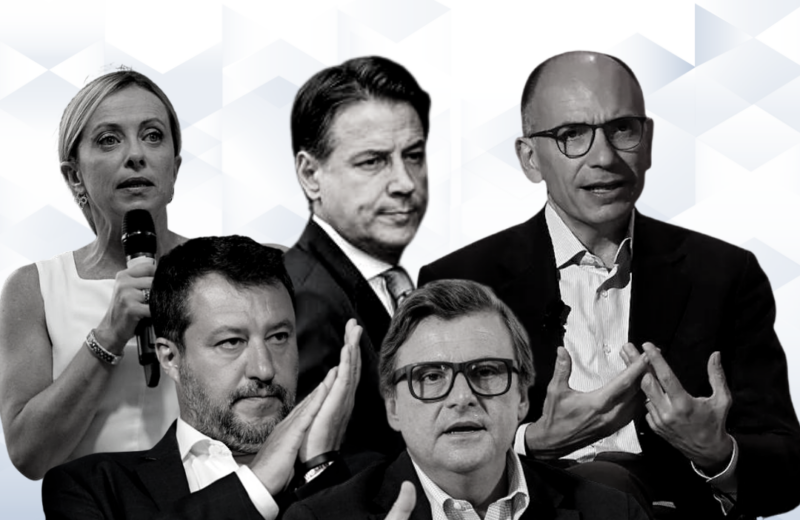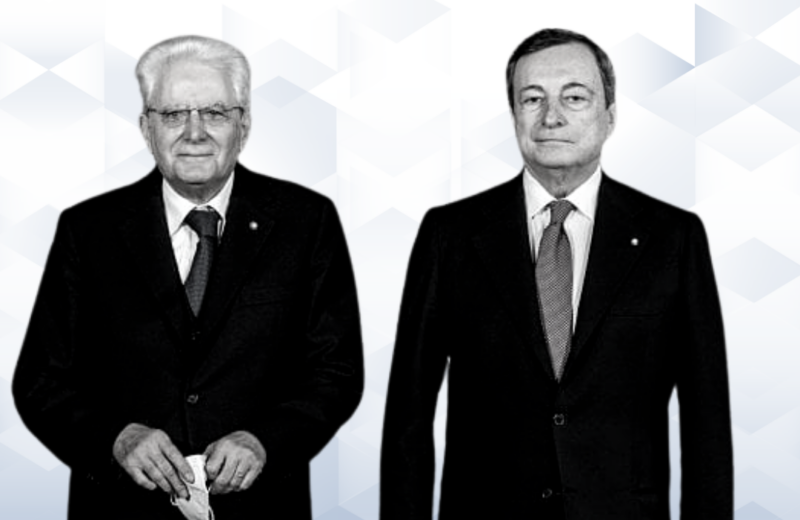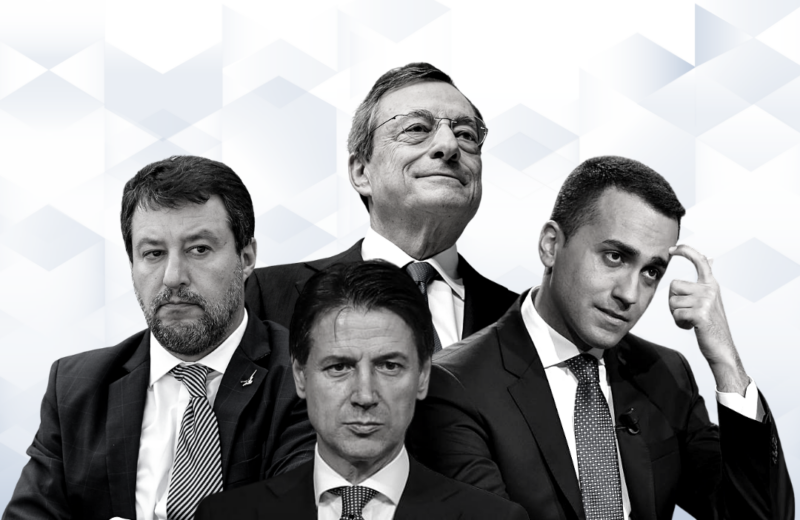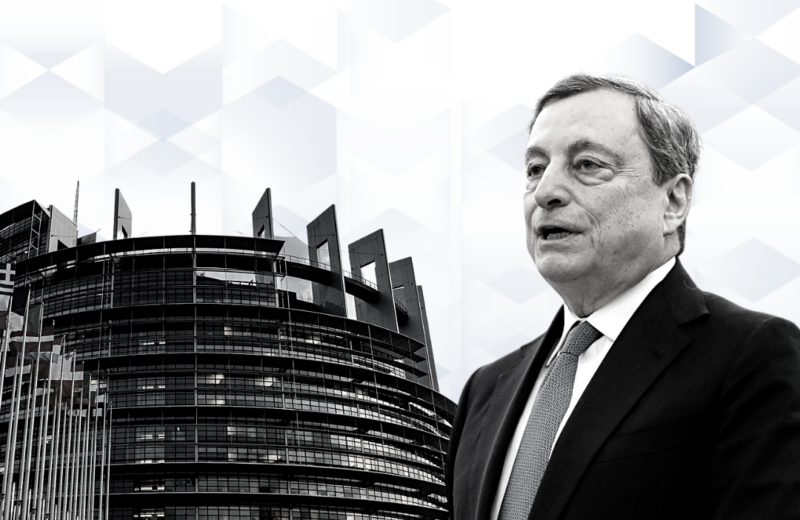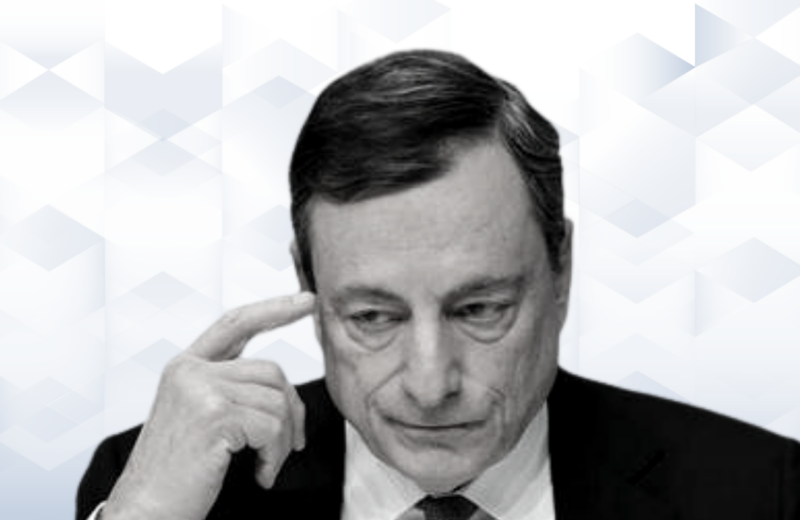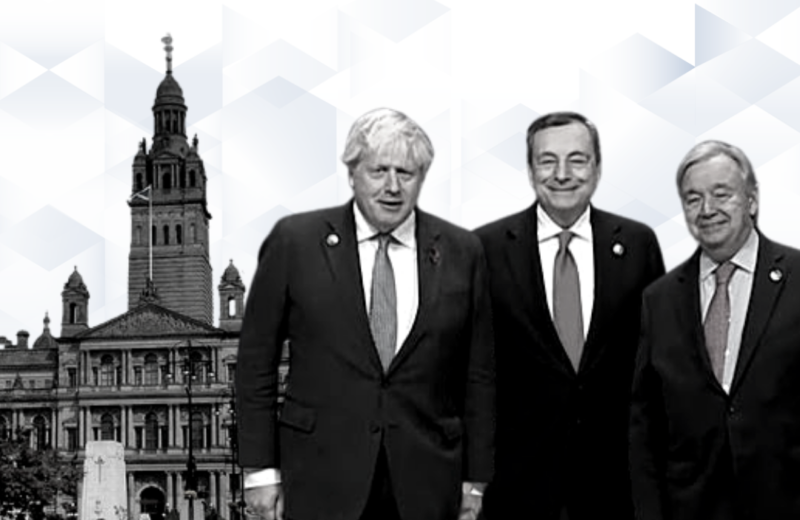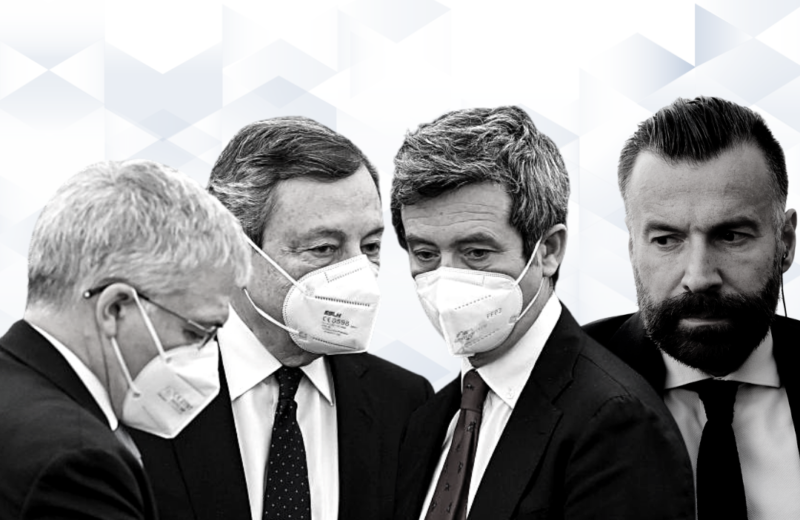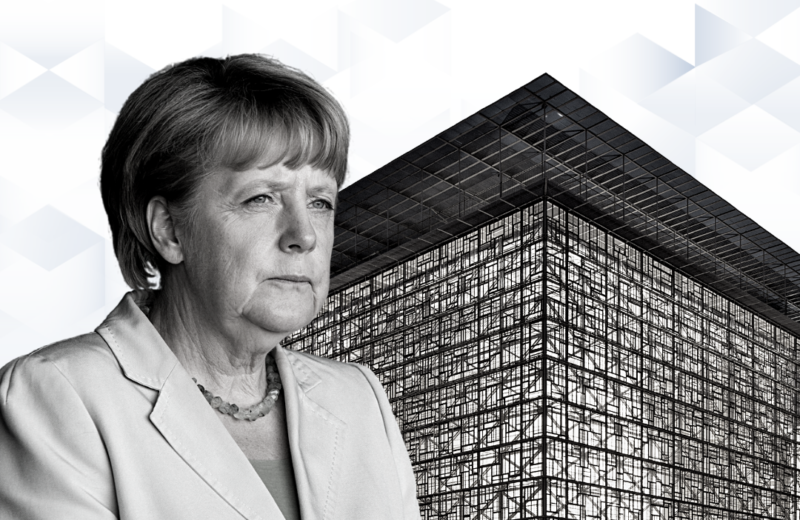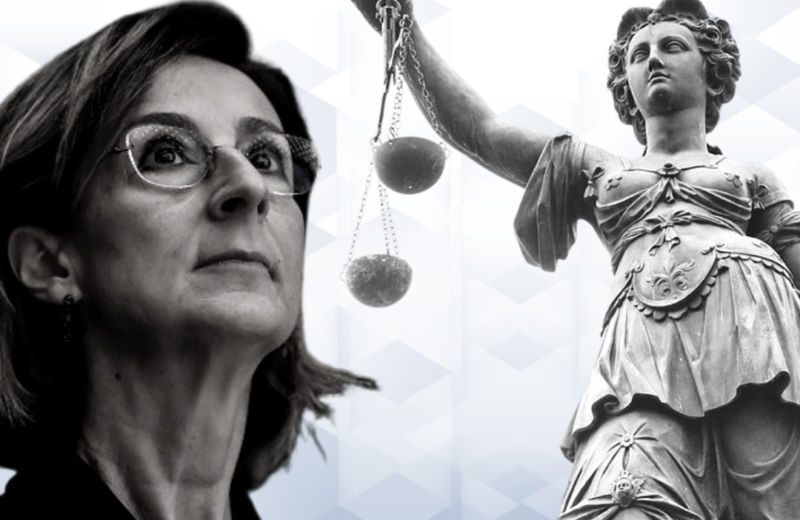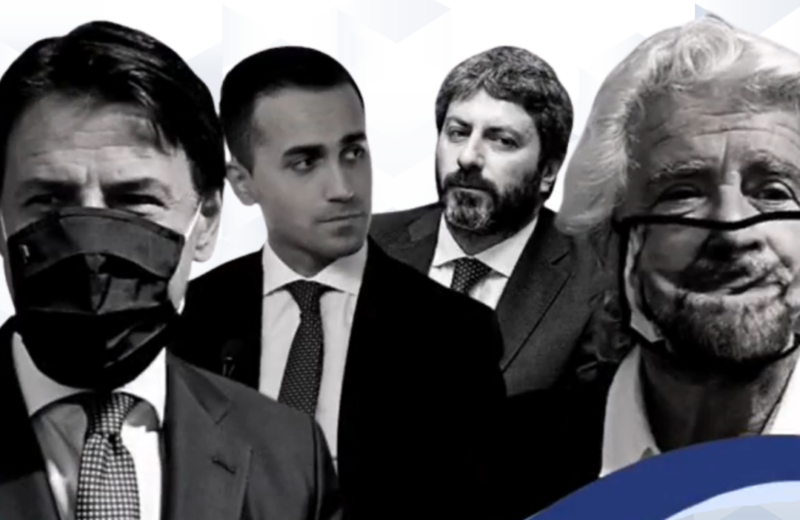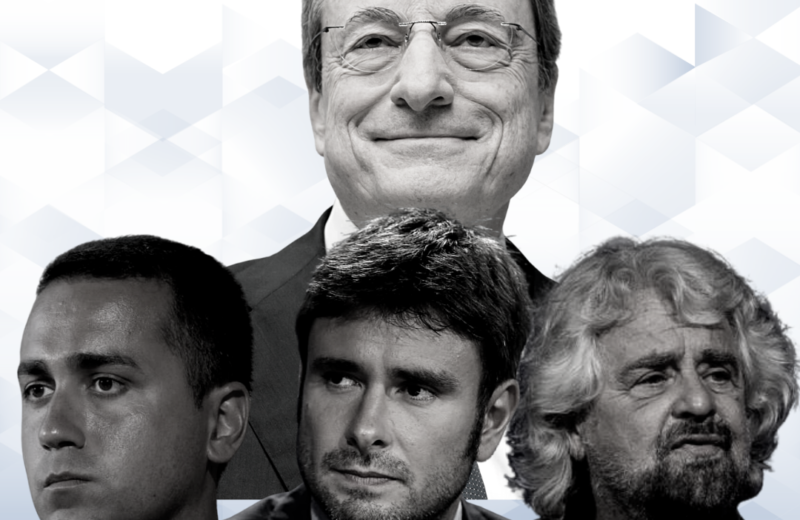Russia’s war against Ukraine
At dawn on February 24, the Russian Armed Forces began the invasion of Ukraine on the direct order of President Vladimir Putin. According to Moscow propaganda, the operation aims to “demilitarize and denazify” Kiev, as well as to protect the self-proclaimed people’s republics of Donetsk and Lugansk.
The Russian recognition of the Donbas separatists was the preamble to the invasion, as well as a confirmation of the failure of the negotiations and the rejection of the Kremlin’s requests to the Americans. Among these: sine die neutrality of Ukraine, abandonment through constitutional revision of NATO membership, closure of the missile sites of the Atlantic Alliance in Romania and Poland.
Being an historically insecure power, Russia has long been looking for a way to halt the containment strategy plotted against her by the US and contracted out to Europe’s most anti-Russia nations (Poles, Romanians and Baltics), which in recent years has come to touch the borders of Belarus, Ukraine and Georgia – or the last bearings of the former Russian defensive space in the Old Continent.
Thus the Moscow leadership was convinced to act, betting in particular on the perceived distraction of the United States towards the Indo-Pacific theater and on the imperial fatigue of the superpower, thanks to the 2021 assault on Capitol Hill which revealed the fault that existed between US citizens from the interior – on average tired of fighting around the world – and those from the coasts – tending to post-historicism and personal well-being.
A direct consequence of this is the chain of events that over the last few months has led Moscow to concentrate almost 200,000 soldiers on the borders of Ukraine to turn the negotiations with Washington and European partners on the continent’s security in its favor. Until the final decision to invade Kiev, noted the failure of the talks.
The military option is a personal bet by President Putin, who is convinced that weapons are the last chance not to go down in history as the one who lost the cradle of Rus’ – a mythical and founding place of Russian history and civilization that in the medieval epoch was centered on Kiev.
The meeting of the Security Council last Monday, with all of Putin’s closest collaborators called to declare their support for the recognition of the Donbas (even against their will, as in the case of the intelligence chief) was emblematic. Because it has secured the loyalty of the highest state officials to the will of the president at a time when war was no longer a hypothetical option. As if to say: if the operation in Ukraine ends badly, the consequences will be for everyone.
The military offensive began with a series of bombings against Ukraine’s air bases, command centers and ground-to-air defense systems. Thereafter, the Russian army entered the country from multiple directions: from Belarus (north), from the western districts of the Federation (east) and from Crimea (south), meeting in many cases the fierce resistance of the defenders but having an overwhelming fighting superiority in any case.
Meanwhile, the troops sent to reinforce the Donbas after the recognition of Donetsk and Lugansk pinned the bulk of the Ukrainian army in a position facing south-east. With the aim of closing it in a large pocket on the right bank of the Dnieper River over the next few days, once the Ukrainian defenses to the south and east are cleared. In addition to make it uncover much more strategic objectives elsewhere in the country.
The offensive against Kiev was emblematic, launched to disrupt the resistance of the Ukrainian state in the first hours of battle and to inflict it a decisive defeat. Likely, the capital of the former Soviet republic is destined to capitulate in the next few hours, a prospect that led President Volodymyr Zelensky to propose to his Russian counterpart the status of a neutral country for Ukraine at the very last minute.
The government of Kiev would in fact be ready to negotiate its neutrality to reach a peace agreement with Russia as quickly as possible. After all, Moscow has yet to use most of the forces amassed for the invasion and no aid will come to the Ukrainians from the West. After years of flirting with Kiev, the European capitals were simply blown away by the reality of the Russian attack.
Convinced that the idea of large-scale conflict was to be archived and that dialogue and diplomacy were enough for the resolution of disputes, European countries have realized that they do not have the means, much less the political will, to do something concrete to save Ukraine despite having flirted with her for years.
Even more so if the much-vaunted sanctions are a double-edged sword and for the moment the alternative to Russian gas is a massive use of coal and nuclear power. While the reluctance of Germans, Italians, Hungarians and Cypriots to endorse the exclusion of Russians from the Swift interbank system demonstrates that behind the façade declarations the States continue to move according to a much more meaningful logic.
